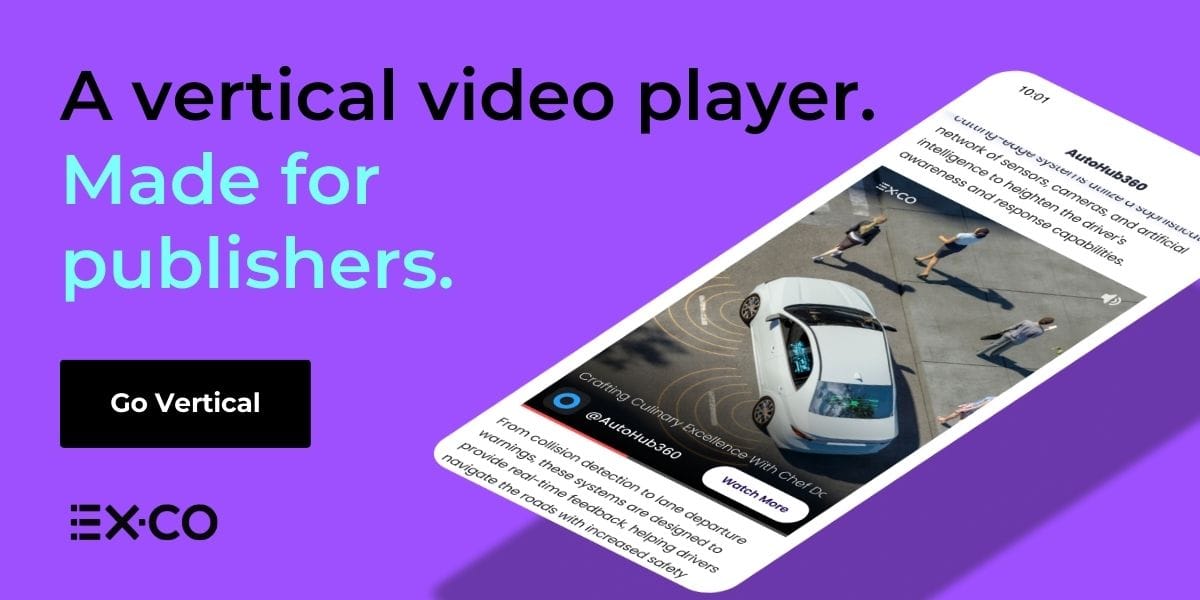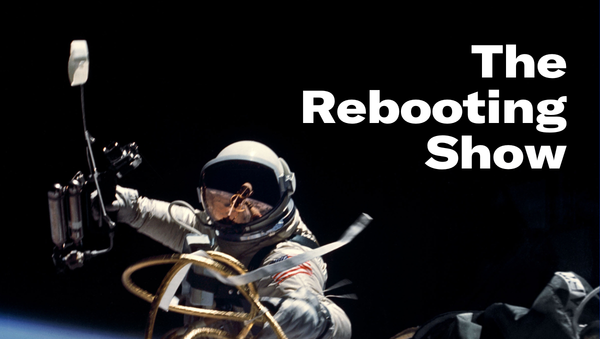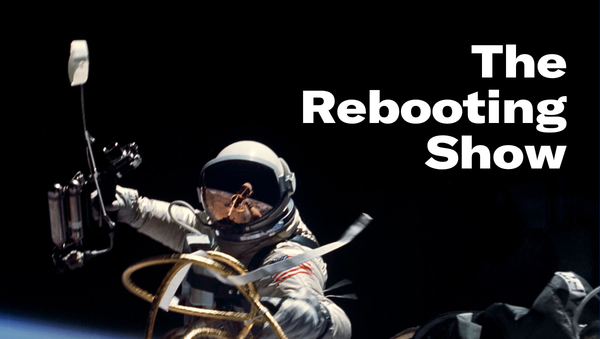The pivot to performance
"If you cannot show performance, you are dead.”

In today’s newsletter, I wrote about how much of publishing is undergoing a pivot to performance. Also, a conversation with Dotdash Meredith CEO Neil Vogel on why search is changing but won’t go away anytime soon.
Reminder: Sign up for access to all of The Rebooting’s content, regular community events like live podcasts and expert workshops.

Join the vertical video revolution

EX.CO’s new vertical video player for publishers has a first-of-its-kind, interactive, and intuitive UX, inspired by the video experience on social platforms that audiences know and love. It’s a fully optimized vertical player, built for the open web - both mobile and desktop consumption. Showing comparable performance to EX.CO’s horizontal player from a monetization perspective, the new vertical player delivers 17% more video engagement than traditional horizontal players, on average and includes familiar swiping gesture controls so users can easily navigate between videos.
"Premium is last"
Dotdash Meredith CEO Neil Vogel had a blunt piece of advice for publishers in a wide-ranging conversation we had, along with my Troy Young and Alex Schliefer, on this week’s episode of People vs Algorithms: “If you cannot show performance, you are dead.”




